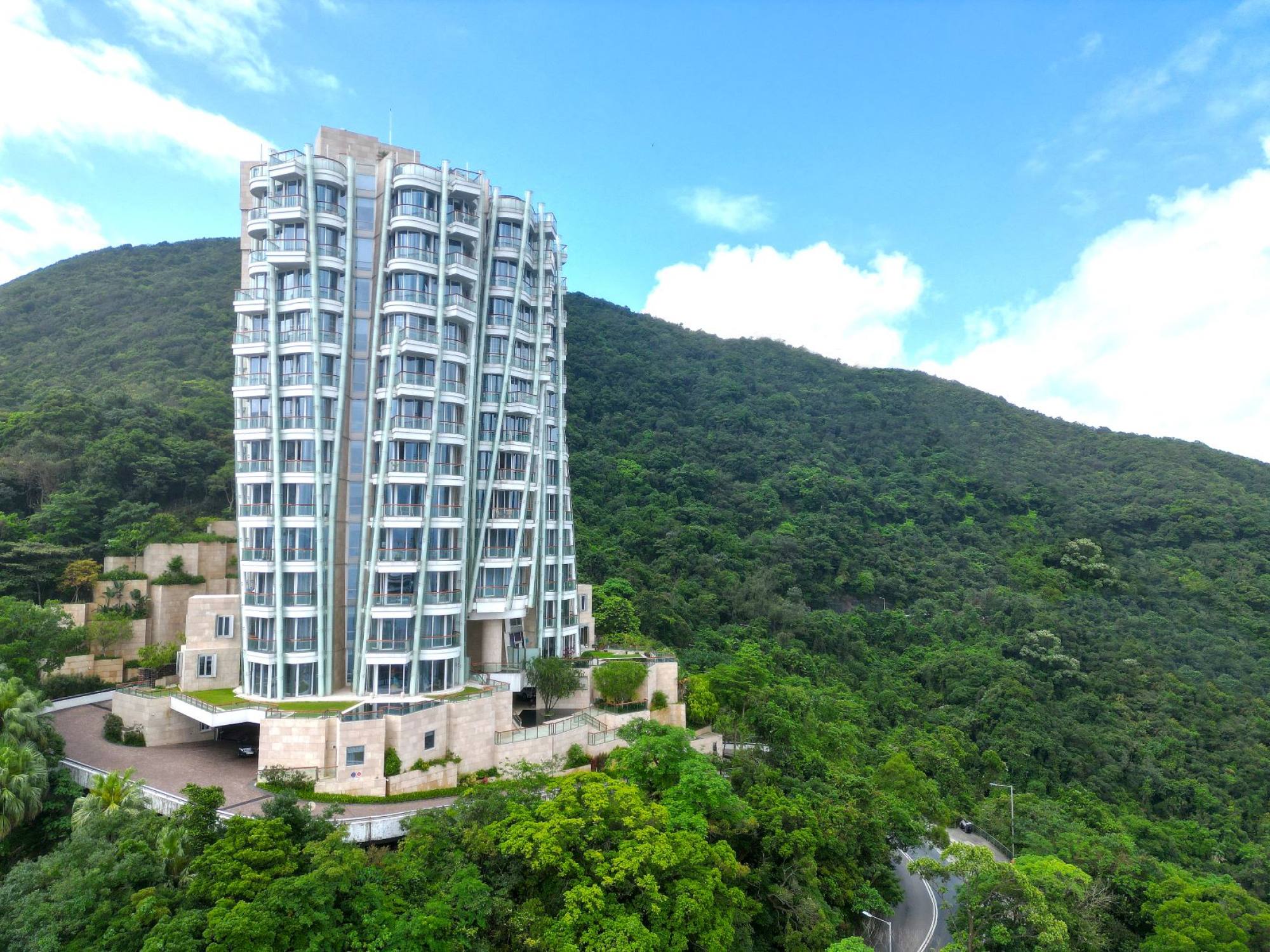Yuen and Lee have long been active luxury property investors. Most notably, they sold a 9,890 sq ft luxury house at 22 Barker Road on The Peak for HK$1.5 billion in 2015 – then the world’s second most expensive sale in terms of price per square foot at HK$150,000. Yuen paid HK$163.5 million for the then 70-year-old house in 2000.
In the same year, Lee bought a flat at Opus Hong Kong in Mid-Levels for HK$375.4 million. The 5,199 sq ft home on the sixth floor was valued at HK$72,201 per square foot.
Wong bought a 1,513 sq ft, three-bedroom flat this month in Mid-level’s Dynasty Court, a Sun Hung Kai Properties luxury development completed in 1991.
The unit sold for HK$51.2 million, or HK$33,840 per square foot, according to Sammy Po Siu-ming, CEO of Midland Realty’s residential division.
“After three months of removing property curbs, the residential market is more stabilised, which attracts these celebrities and end users to enter the market,” said Raymond Tsoi, chairman of Asia Property Holdings, who has 38 years of real estate industry experience. “This signals that people are not too pessimistic about the property market in the long-term.”

Tsoi himself bought a HK$30 million luxury unit in the Southern district in recent months for long-term investment.
“Some properties’ prices have dropped around 25 per cent from the peak, which is acceptable to me to buy now,” he said. “And I think buyers now entering the market feel the same.”
The market will see less short-term speculative buying by investors because interest rates remain high and home prices are less likely to rise substantially, he said.
Since the withdrawal of the property curbs in late February, Hong Kong’s mass residential market has continued to slow down in transactions after an initial bump.
In the primary market, transactions popped significantly to 4,141 units in March, compared with 262 in February, according to data provider Dataelements. The number dropped by more than 50 per cent to 1,880 units in April and slid a further 32 per cent to 1,273 in May.
“The luxury segment is more resilient compared to the mass market,” said Lucia Leung, director of research and consultancy in Greater China at Knight Frank. “Cash-rich buyers and investors took the opportunity of drastically lower and discounted prices to purchase the distressed or super luxury flats.”
The luxury market is still mainly supported by mainland buyers, she added.
However, the high volume of sales might not be sustainable amid limited purchasing power, unless interest rates are cut in the second half of the year, Leung said.
“Some specific luxury properties have dropped to a more reasonable level, which may be the most important reason cash-rich people are entering the market,” said Joseph Tsang, chairman of real estate services firm JLL Hong Kong. “But individual cases can’t really indicate that the property market is on its way to recovery.”

